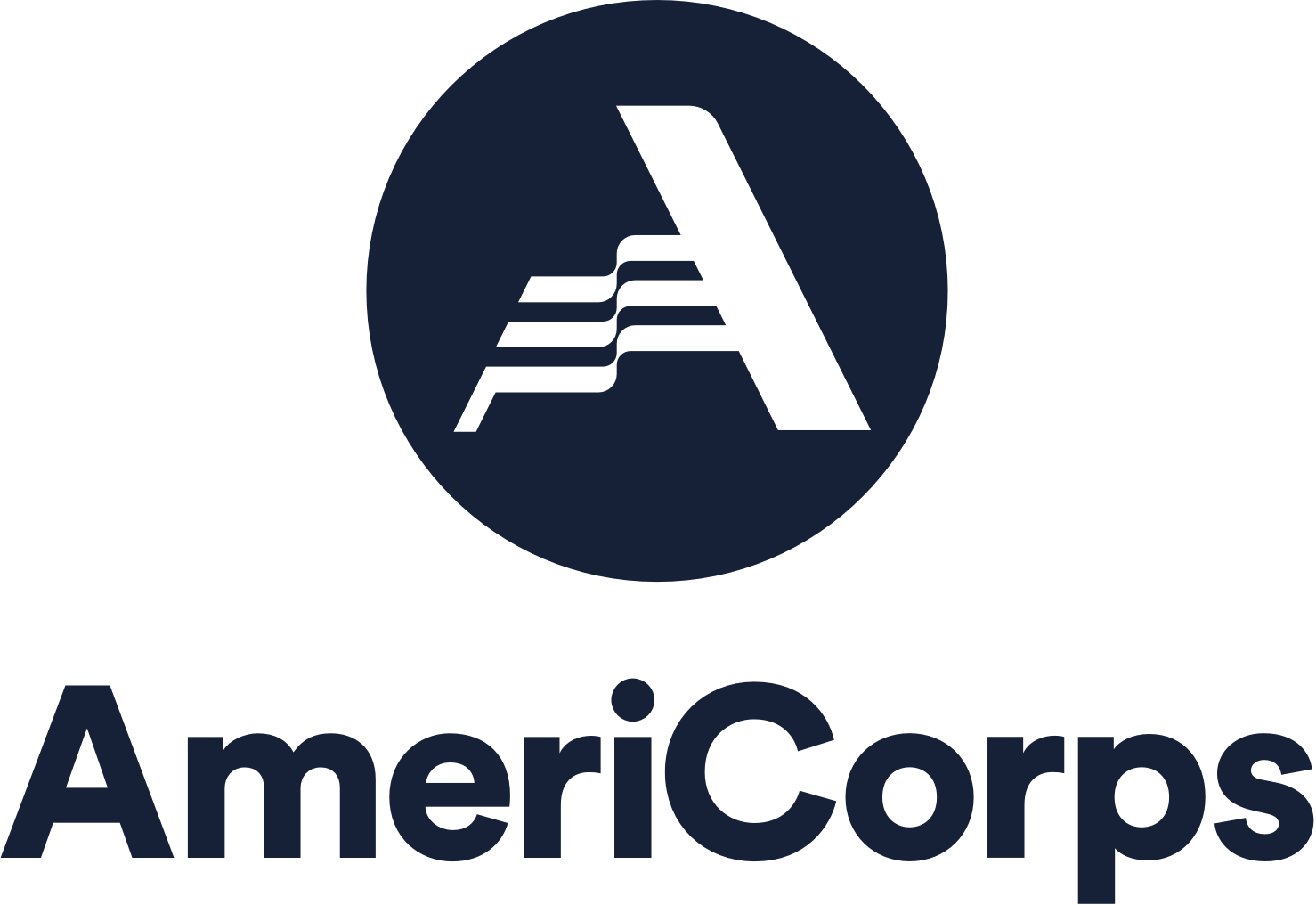As Executive Director of Seattle’s Skate Like A Girl, Kristin Ebeling is doing her part to help evolve the culture of skateboarding to be more inclusive. Growing up, Ebeling admittedly had more of an affinity for scooters than skateboards, but in the early 2000s, that all changed. One day, while hanging out with her friend Kimmy, they began to play the video game “Tony Hawk Pro Skater.” Discovering female skater Elissa Steamer’s inclusion in the game as a playable character (and the only female featured in the game), she was instantly inspired. She subsequently traded in her scooter for a skateboard and never looked back.
Ebeling spent her teenage years committed to the craft of skateboarding. Despite becoming an excellent skater, she constantly found herself getting picked on by her peers in the male-dominated sport. In addition to feeling ostracized, Ebeling was also the target of misogynist comments. She recalls being told she “wasn’t pretty enough” to ride for an indoor skate park business she had submitted a sponsorship video to. Though she felt jaded about the state of the sport, Ebeling stuck with it and discovered Skate Like a Girl at the age of 17.
Even though she arrived at the Skate Like a Girl event with a high level of skepticism and low expectations, she was pleasantly surprised to see girls shredding up the park just like her. She then began volunteering with the organization and became a team coach for the program once a partnership with Up2Us Sports was formed in 2013. Ebeling jumped in with both feet at Skate Like a Girl by leaving her position with a local YMCA and began to take on programing and administrative duties for the organization. She quickly helped grow the program in Seattle and was an integral part in its expansion in the Portland and San Francisco markets.
Ebeling credits Up2Us Sports for helping her understand where skateboarding fit in to the broader perspective of youth development and mentioned how the training she was exposed to taught her the importance of building a culture where youth feel comfortable and can thrive. Although the initial mission of Skate Like a Girl was to empower young girls take up skateboarding, the organization has become even more inclusive under Ebeling’s leadership. Now as the Executive Director, she has made a conscious effort to ensure that queer-identifying and non-binary participants also feel welcome.
Promotional materials for the organization have eliminated the use of the term “co-ed” in favor of “all gender” to be more inclusive. In addition to carefully reworking the language used in promotional materials, she has made sure to engage in intentional dialogue with coaches to ensure they understand the importance of using proper pronouns. She mentioned that participants now introduce themselves with their name and pronoun. A handful of coaches expressed some trepidation to the change, but she emphasized the importance of pronouns and how coaches should refrain from referring to them as their “preferred pronoun.” “You don’t ask someone what their preference is, this isn’t like eating ice cream, you’re asking someone what their identity is,” she declared.
Ladies* Night continues to be a reoccurring event at Skate Like a Girl with the intent of carving out a space where young girls can get together and create an environment where they are confident and comfortable and feel inspired to participate. During these events, free skate sessions are offered for $5 and lessons are available for $10 with gear for the event provided. Participants are constantly receiving positive feedback from their peers in the form of “shout-out circles” that they use to wrap up the lesson portion of these events before transitioning into an all-free skate format for the last hour and a half of the event.
Skate Like a Girl is gradually helping skateboard culture move the needle away from being a traditional “boy’s club” and toward one of acceptance and inclusion. Despite making progress, Ebeling acknowledges there is still work to be done. She talked about how kids are exposed to sexist programming from a young age and often implicitly expect male skaters to be better just because of their gender. In order to switch that narrative and help girls carve out a more permanent space in the skate world, Ebeling feels it is important to continue to have a mix of male and female coaches teaching together in order to normalize the presence of all genders skating together.
Ebeling says there was some hesitation and a lot of consideration that went in to opening the program up to more than girls, but her argument was simple: “When I teach little boys to skate, what’s not radical about that?” She feels that feminism isn’t just for girls, it is for all people, and this type of progression harbors those sorts of opportunities.
This story was written by Alex Partida, JD, an intern at Up2Us Sports.







